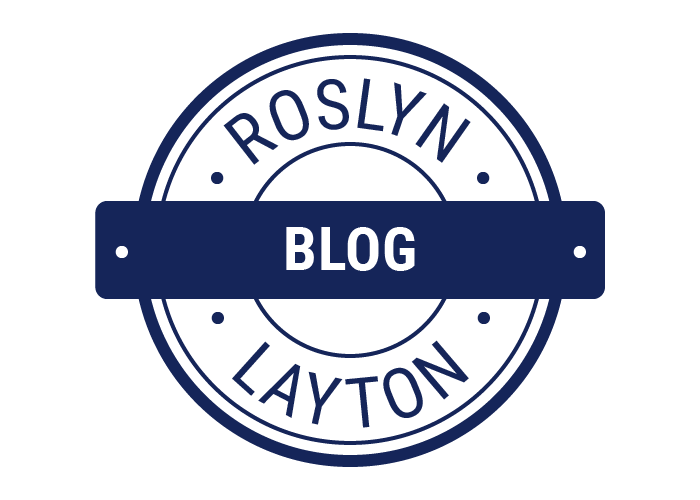Frozen Out Of Network Infrastructure Markets, Huawei Hijacks US Patent Regime

Putting Huawei on the Entity List may have stopped it from licensing critical US technology, but Huawei is seeking to earn revenue in other ways. Huawei filed patent infringement claims against Verizon and also for products Verizon acquires from other US companies such as Cisco and Hewlett-Packard; and Huawei is demanding royalty payments for hundreds of patents. Huawei’s patents may not even be practiced in the firms’ products, but Huawei is allowed to use the legal process to compel court discovery on Verizon’s and its suppliers’ confidential information. Huawei may illegally use this data to enrich Huawei’s knowledge of competitors’ products and technology.
To make matters worse, a US policy shift on standardized technologies has unwittingly supercharged Huawei’s patent game, threatening to allow Huawei to renege on earlier commitments to fairly license its patents. This may prevent downstream licensees from shipping and selling products, potentially harming many American companies.
With regard to the mobile industry, analyst Richard Windsor explains that if 5G were an airplane, the patents for the engines, ailerons and wings (the Standard Essential Patents or SEPs) are held by Qualcomm, Nokia, and Ericsson while Huawei holds the patents for beverage carts and seats. In 2019, Nokia earned $740 million in license revenue; Ericsson, some $800 million. The only comparable figure for Huawei is a “net gain/(loss)” of $98 million for 2018, noted in its financial statements. This figure demonstrates the low value of Huawei’s patents (see further analysis by Bird & Bird).
However, while all patents are not equal, patent holders have equal access to US courts. As such Huawei, recently umasked as a front company for the Chinese military, gets to use its patents speculatively while its faces a spectrum of charges: theft of trade secrets, wire fraud, and obstruction of justice; money laundering, conspiracy to defraud the United States, and sanctions violations; and racketeering conspiracy and conspiracy to steal trade secrets.
Standardized technologies employed across many companies and products – think 5G, Bluetooth, WiFi – are based on patent owners voluntarily agreeing to license their patents under FRAND agreements (fair, reasonable, and non-discriminatory). Patent owners adopt this structure because it allows them to realize revenue from their patents when other companies pay a fee to implement the standard (often in innovative ways, generating more, different, and better products for the consumer). But FRAND and other good faith agreements also constrain SEP holders, preventing them from engaging in discriminatory licensing practices such as blocking competitors from the technology. Once a FRAND agreement is reached, patent holders cannot later back out and hold companies practicing the standard hostage by refusing to grant a license. As Michael Rosen, a patent litigator and adjunct fellow at the American Enterprise Institute clarifies, “SEP owners are, by definition, obligated to negotiate in good faith to provide a license on FRAND terms. If they abuse their FRAND obligations, they shouldn’t be entitled to reap the benefits.”
Previously, US policy effectively held SEP holders to their FRAND agreements. However the new policy jointly issued in 2019 by the Department of Justice (DOJ), US Patent and Trademark Office (USPTO), and the National Institute of Standards and Technology (NIST), effectively alters the balance of power between the SEP owner and licensee—removing important legal barriers to a patent owner’s refuse to license its patents to competitors or component suppliers. Huawei, unfortunately, is likely to weaponize this shift to punish US businesses. Further, Huawei may also refuse to license third party component suppliers to US businesses—and seek injunctive relief—effectively closing down supply chains for US products.
It is likely that the Trump Administration simply had not considered how Huawei would turn US patent law against US companies, since the President and his team have consistently led the charge to rid Chinese-controlled companies from the communications infrastructure in the US and abroad, especially in 5G. Still, the Department should nip Huawei’s patent weaponization in the bud by clarifying which parties can seek a license and by prohibiting injunctions to be brought by parties that have agreed to a FRAND commitment. Moreover, it is not right or fair that Huawei gets to leverage America’s patent and legal system. Thankfully, Sens. Marco Rubio (R-FL) and John Cornyn (R-TX) have proposed bills to stop Huawei (and potentially any company added to the Entity List) from abusing these benefits which are supposed to accrue to legitimate market players. Let’s hope their colleagues join them to ensure that US patent law cannot be used against US companies by Chinese government owned companies.
Originally published in Forbes.